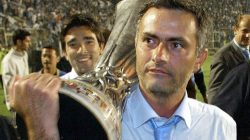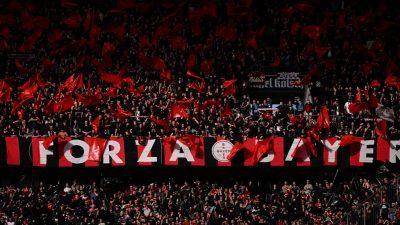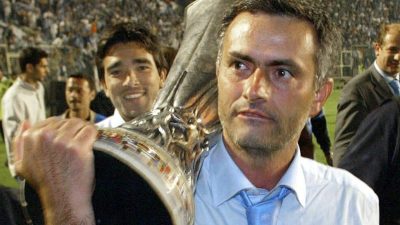Javier Tebas was furious. The outspoken president of Spain’s top league had arrived in Doha along with representatives from the most powerful bodies in soccer: FIFA; the rest of the game’s major leagues; and the European Club Association, an organization that represents the interests of the teams themselves.
Their task was to answer a question that nobody had ever needed to ask: When, exactly, should the World Cup be held?
In the run-up to the vote in Zurich, and for several years afterward, Qatar had insisted there was no reason the tournament could not be held in its traditional window in the European summer. The searing Gulf heat, the organizers insisted, would not be a problem, because of plans to outfit each stadium with the air-conditioning system that had impressed Mayne-Nicholls and his team.
By 2013, though, the mood had changed. A FIFA task force was established to examine the feasibility of moving the World Cup. In early 2015 it reported back, recommending shifting the competition to November and December, directly in the middle of the European season that drives much of the interest, and the money, in the game.
As he arrived in Doha for talks on the topic that year, Tebas assumed the battle lines were drawn: The leagues and the clubs “were against the dates” FIFA was proposing, Tebas said. That unanimity did not last, though. The clubs acquiesced after FIFA increased the payments they would get for releasing players for the tournament. Tebas recalled banging his hands on the table in frustration when he was told. “It was all for show,” he said. “It felt like we were being tricked.”
In many ways, though, Europe’s unwanted hiatus is the least of the consequences of FIFA’s decision to hand Qatar the World Cup. A brief interruption to a single season, after all, is far less significant than a yearslong shift in the game’s landscape.
It was not only the fate of the World Cup that was under discussion at that meeting of Platini, Sarkozy and the Qatari delegation at the Élysée Palace in November 2010. So, too, was the future of Paris St.-Germain, the club Sarkozy supported. (Its president at the time, Sébastien Bazin, was also present in Sarkozy’s office that day.) Qatar wanted not only to buy the team, but to establish a sports broadcaster to show its games, and to bankroll the rest of French soccer. Less than a year later, it was doing just that.
Sumber: www.nytimes.com








